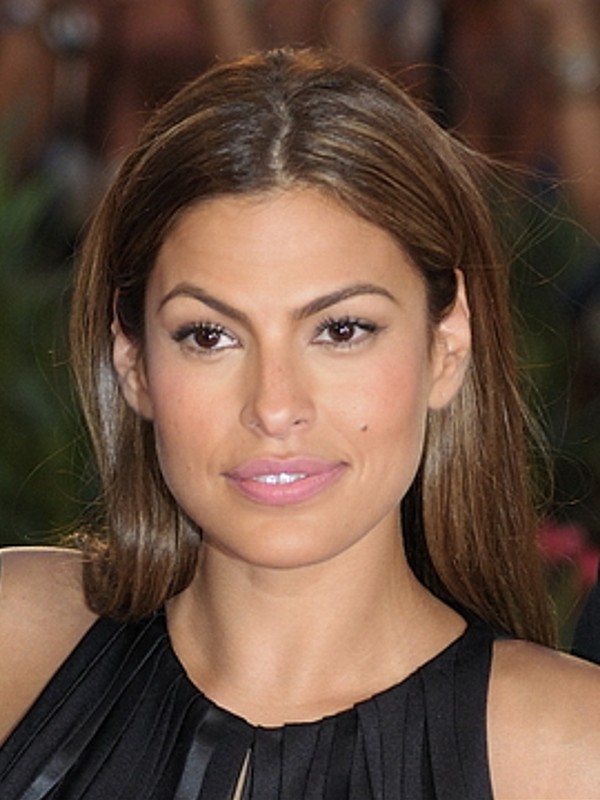How Ancient Egypt Entertained: Sports, Music, Games, and Festivities Unveiled
Introduction: The Joyful Side of Ancient Egypt
When picturing ancient Egypt, many imagine solemn pharaohs, awe-inspiring pyramids, and grand temples. Yet, beneath this veneer of formality, the ancient Egyptians embraced a culture rich in entertainment and leisure. From energetic athletic competitions to rhythmic music and strategic board games, entertainment played a vital role in everyday life. This article explores the diverse pastimes that captivated ancient Egyptians, revealing how both royalty and commoners sought fun, relaxation, and social connection through a wide variety of activities.
[1]
Sports and Athletic Competitions
Physical activity was integral to Egyptian entertainment. Athletic competitions not only fostered physical fitness but also served as communal events that brought people together. Popular sports included
wrestling, swimming, rowing, javelin throwing, weightlifting, boxing, and gymnastics
. These activities were not limited to the elite; children and adults alike enjoyed swimming in the Nile, racing, and playing games that tested strength and agility.
[1]
[5]
Archery, in particular, was a sport associated with nobility and royalty. Notable pharaohs such as Amenhotep II and Ramesses II were celebrated for their prowess with the bow. Archery skills were often showcased during festivals, and princes were expected to train regularly to prepare for leadership roles.
[5]
Team sports were also popular. A form of
field hockey
and a game similar to tug-of-war, played with a hoop, allowed for group participation. Athletic tournaments, sometimes awarding gold or silver medals, helped unite communities and provided opportunities for friendly rivalry.
[4]
For those interested in learning more about traditional Egyptian sports and their cultural significance, you can search for museum exhibitions or academic publications on ancient Egyptian leisure activities. Local museums with Egyptian collections may feature artifacts or host talks on this topic.
Music and Dance: The Heartbeat of Celebrations
Music and dance were essential to Egyptian entertainment, enriching both sacred rituals and secular festivities. Musicians played instruments such as
harps, lutes, flutes, drums, tambourines, cymbals, and clappers
. Women were often the performers, though men, including visually impaired musicians, contributed as well.
[2]
Dancing was a highlight of festivals, temple rituals, and private gatherings. These performances could be elaborate, involving group choreography, acrobatics, and theatrical displays. Dancing was not only for entertainment but was also believed to please the gods and foster communal harmony.
[1]
[4]
If you want to experience a taste of these traditions today, consider attending performances by ensembles specializing in ancient Egyptian music or visiting Egyptian cultural festivals, where traditional music and dance are often showcased.
Banquets, Feasting, and Social Gatherings
Banquets were a favorite pastime, especially among the elite. These lavish events featured abundant food, beer, wine, and live music. Banquets provided an opportunity for relaxation, networking, and celebration, often coinciding with religious festivals or seasonal milestones.
[2]
At these gatherings, guests lounged on couches, enjoyed performances, and exchanged stories. Special occasions, such as the Heb Sed festival, included athletic contests and feasting, reinforcing the pharaoh’s vitality and the unity of the kingdom.
[5]
To explore ancient Egyptian cuisine and banquet customs, you can look for cookbooks on historical Egyptian recipes or search for documentaries and museum resources covering food in antiquity.
Games, Toys, and Mind Challenges
Games were a beloved form of entertainment for all ages. The most iconic was
Senet
, a board game requiring both luck and strategy. Senet boards and playing pieces have been found in many tombs, indicating the game’s popularity and its spiritual significance-some believed it symbolized the journey to the afterlife.
[1]
[3]

Source: youtube.com
Other games included
Mehen
(a spiral board game),
Hounds and Jackals
, and various dice games. Children played with toys made of clay or wood, such as dolls and leather balls. Athletic games, like wrestling and racing, featured prominently in daily play.
[3]
If you wish to try Senet or other ancient games, you can find modern reproductions through museum gift shops or specialty retailers. Many educational websites detail the rules and provide printable board templates for home play.
Storytelling, Theater, and Festivals
Storytelling was an art form highly valued in Egyptian society. Elders shared myths, legends, and moral tales, often with children gathered around. These stories helped preserve cultural values and historical memory.
[1]
Theatrical performances, particularly during religious festivals, dramatized mythological tales and the triumphs of gods like Horus over Set. These pageants incorporated music, dance, and mock battles, blending entertainment with spiritual meaning.
[5]
For those interested in exploring Egyptian storytelling today, you can search for translated collections of ancient Egyptian tales or attend storytelling events at museums and cultural institutions focusing on world folklore.
Hunting and Outdoor Leisure
Hunting, fishing, and bird catching were popular leisure activities, especially among the nobility. Pharaohs often participated in big game hunts as demonstrations of strength and leadership. Commoners also hunted birds or fished with harpoons, usually as family activities. These pursuits were seen as both recreational and practical, providing food and excitement.
[2]
To learn more about ancient Egyptian hunting techniques, you can search for educational videos or museum exhibits that focus on daily life along the Nile.
Accessing and Experiencing Ancient Egyptian Entertainment Today
For modern readers eager to immerse themselves in ancient Egyptian entertainment, several practical pathways are available:

Source: storage.googleapis.com
- Visit museums with Egyptian collections to view artifacts related to games, music, and sports.
- Look for workshops or demonstrations on ancient music and dance through local cultural centers or online platforms.
- Research and try reproducing ancient Egyptian recipes and games for a hands-on experience.
- Search for books or documentaries on ancient Egyptian leisure, using keywords such as “Egyptian games,” “ancient Egyptian music,” and “pharaonic festivals.”
- Attend lectures or virtual tours hosted by universities or Egyptology departments for deeper insights.
If seeking information on specific activities, use official museum websites or reputable publishers. When in doubt, consult the collections and educational resources of institutions like The British Museum, The Metropolitan Museum of Art, or The Egyptian Museum in Cairo. They regularly provide updated, accurate information and may offer virtual exhibits for remote learning.
Key Takeaways
Ancient Egyptian entertainment was vibrant and diverse, encompassing sports, music, games, storytelling, and grand social events. These activities fostered community, expressed cultural values, and brought joy to daily life. By exploring these traditions, we gain a richer understanding of the humanity behind the ancient civilization and find inspiration for our own leisure activities today.
References
- Egypt Tours Portal (2019). Ancient Egyptian Entertainment: Sports, Music, and Games.
- Historical Eve (2022). Leisure and entertainment in ancient Egypt.
- Ancient Egypt Online. Games In Ancient Egypt.
- Your Egypt Tours (2024). Entertainment in ancient Egypt.
- World History Encyclopedia (2017). Games, Sports & Recreation in Ancient Egypt.



